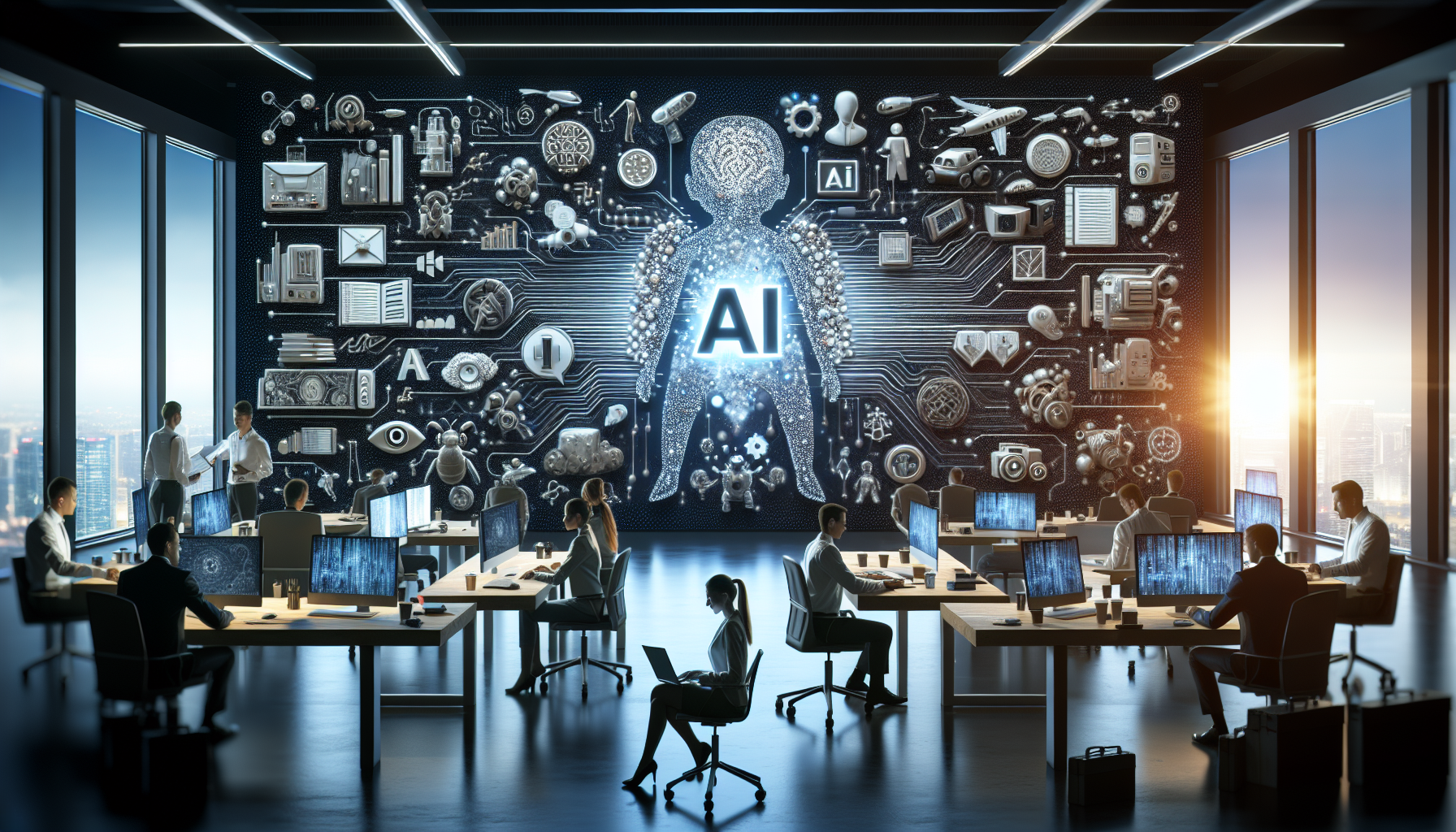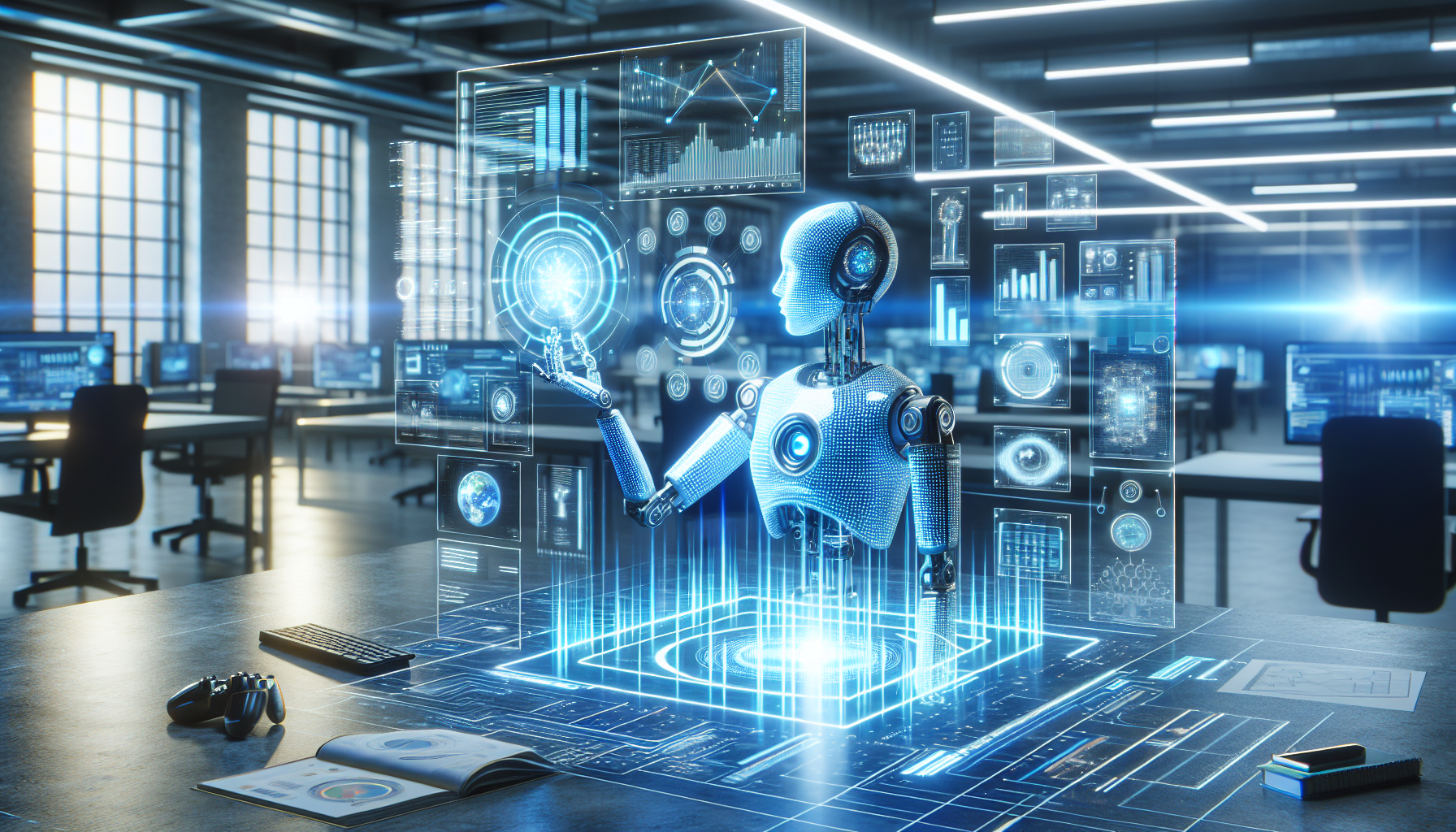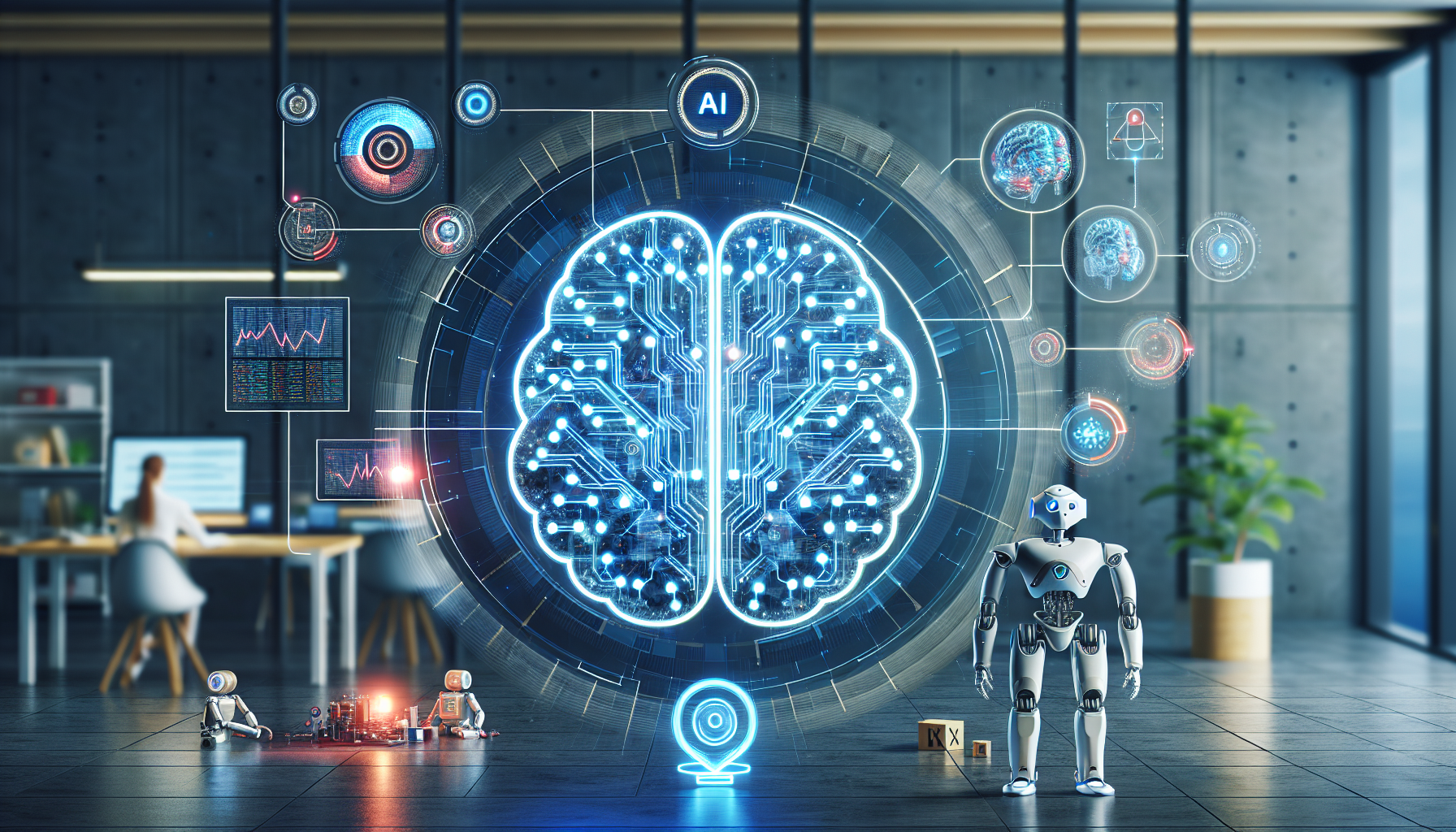
AI in Space Exploration: Debunking Myths and Unveiling Realities
November 24, 2025
The notion of artificial intelligence (AI) revolutionizing space exploration is often cloaked in a veil of myths and misconceptions. While AI's potential in propelling interstellar missions is undeniable, it's crucial to dissect fact from fiction to understand its true capabilities and limitations.
Contrary to popular belief, AI has not yet reached the level of autonomy depicted in science fiction narratives. The concept of sentient AI systems making independent decisions in the void of space is far from reality. Current AI systems are sophisticated, but they operate within the bounds of meticulously programmed algorithms and data inputs. Their decision-making abilities are limited to scenarios anticipated by human designers and engineers.
One of the most pervasive myths is that AI can replace human astronauts entirely. While AI can significantly augment human capabilities and perform tasks that are hazardous or impossible for humans, it cannot substitute the nuanced judgment and adaptability of human cognition. Robotic explorers equipped with AI, such as the Mars rovers, have indeed transformed our approach to planetary exploration, yet they still require constant human oversight and intervention from mission control on Earth.
AI's strength lies in its ability to process vast amounts of data far more quickly and accurately than humans. This capability is instrumental in space exploration, where data interpretation is critical. For instance, AI algorithms are adept at analyzing data from telescopes and spectrometers, identifying celestial phenomena that might be missed by the human eye. These systems can sift through terabytes of data to detect anomalies or patterns, offering scientists insights into the composition and behavior of distant stars and galaxies.
Another common misconception is that AI can independently navigate spacecraft through space. While AI contributes to navigation by optimizing routes and making real-time adjustments, the ultimate control remains with human operators. AI systems are excellent at executing pre-defined tasks, such as maintaining optimal trajectories or managing onboard resources, but they rely on human-made guidelines and parameters.
AI's role in enhancing communication between Earth and spacecraft is another area often misunderstood. The vast distances in space result in significant communication delays, which AI can mitigate by making minor, time-sensitive decisions without waiting for instructions from Earth. However, these decisions are confined to low-risk scenarios, such as adjusting instrumentation settings or managing energy consumption. The strategic decisions that define mission success still rest with human mission planners.
One of the lesser-known yet critical roles of AI in space exploration is in life support systems aboard crewed missions. AI can monitor environmental conditions, predict potential system failures, and suggest corrective actions, thereby safeguarding astronaut health and well-being. These systems are designed to work in tandem with human engineers, offering a layer of support that enhances safety and efficiency.
There is also a burgeoning field of AI-driven research focused on developing autonomous habitat construction on extraterrestrial surfaces. Utilizing AI, robotic systems may one day be capable of building infrastructure using locally sourced materials, such as lunar or Martian regolith. This capability could reduce the need for transporting construction materials from Earth, significantly lowering mission costs.
However, the deployment of AI in space exploration is not without its challenges. The harsh and unpredictable environment of space presents unique obstacles for AI systems, which must be designed to withstand extreme temperatures, radiation, and mechanical stresses. Furthermore, the ethical implications of AI decisions in space require careful consideration, ensuring that these systems operate within the framework of international space law and human values.
The real promise of AI in space exploration lies not in the replacement of humans but in the collaboration between human intellect and machine precision. As AI technology continues to evolve, it will increasingly become an indispensable partner in our quest to explore the universe. This partnership will be defined by a synergy where AI handles the quantifiable and predictable, allowing human explorers to focus on the creative and strategic aspects of space missions.
As we look towards the future of AI in space exploration, we must ask ourselves: how can we best harness the power of AI to extend our reach beyond Earth, while ensuring that ethical considerations and human oversight remain at the forefront of this cosmic journey? This question invites ongoing dialogue and innovation, ensuring that AI serves as an enabler of human exploration, rather than its replacement.


